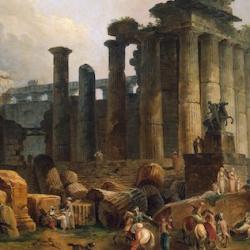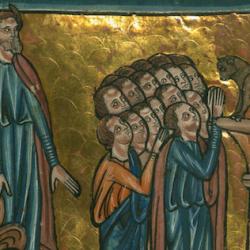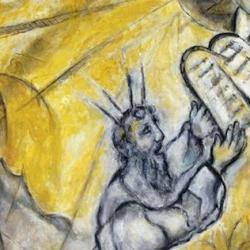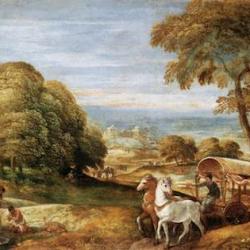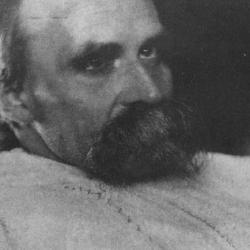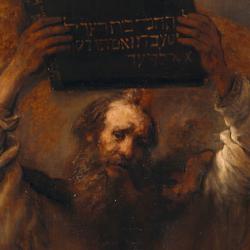Mary Emerson’s Greek Sanctuaries and Temple Architecture is a concise, informative introduction to her topic. After introductory chapters explaining the meaning, uses, architecture and artistic adornments of sanctuaries in the Greek world, Emerson devotes a chapter to the major cultic sites of Greece – Delphi, Athens, the sanctuary of Apollo at Bassae, the temple of Olympian Zeus on Sicily. The book is richly illustrated with diagrams and black-and-white photos, some of which show the stunning settings of these Greek temples. Emerson’s... Read more

